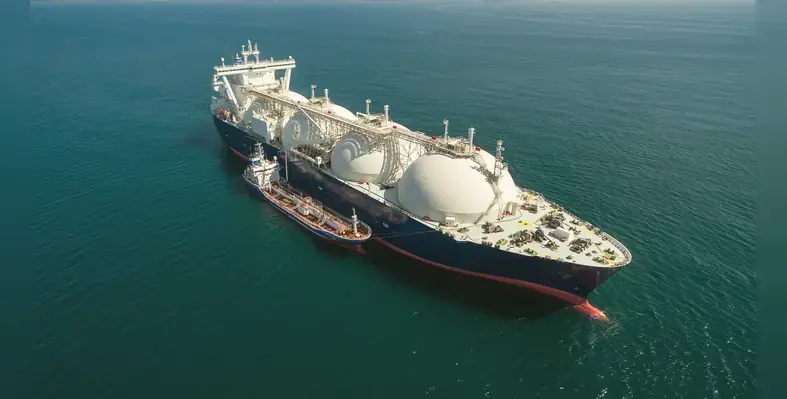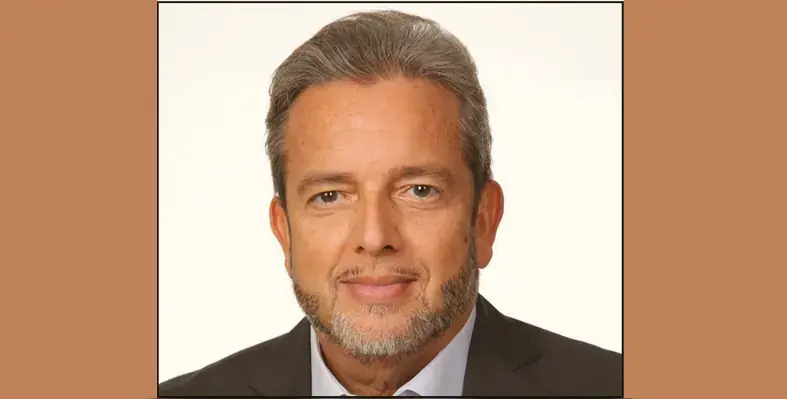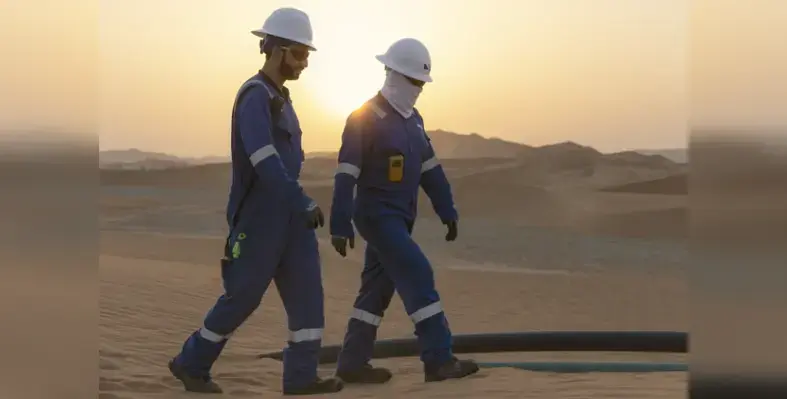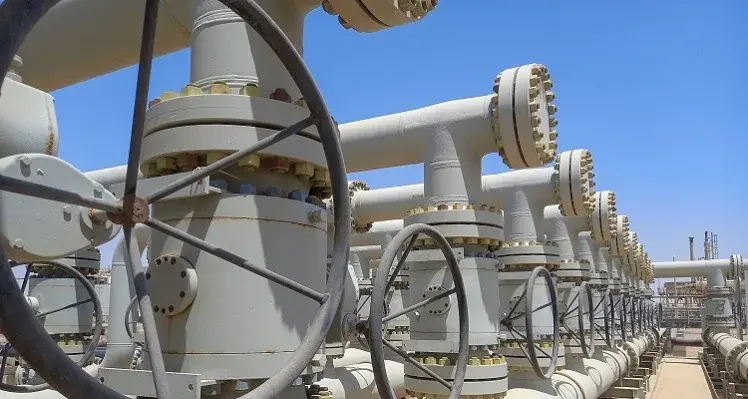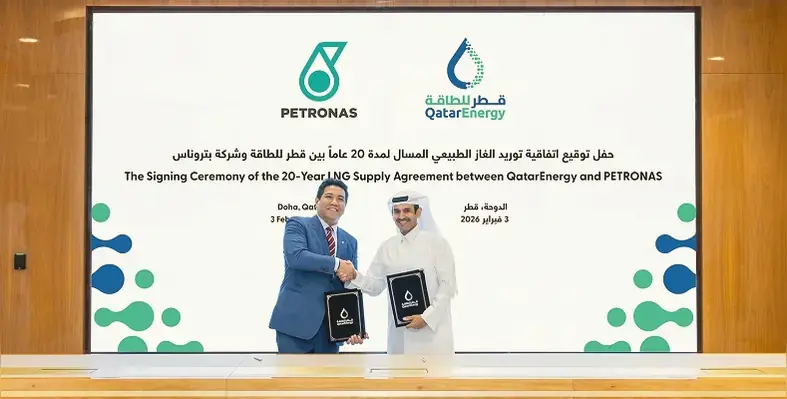
Qatar will supply two million tons per annum (MTPA) of LNG to Malaysia from 2028. (Image source: QatarEnergy)
QatarEnergy has signed a 20-year Sales and Purchase Agreement (SPA) with PETRONAS for the supply of two million tons per annum (MTPA) of LNG from Qatar to Malaysia from 2028
The agreement was signed by His Excellency Saad Sherida Al-Kaabi, the Minister of State for Energy Affairs, the president and CEO of QatarEnergy, and YM Tan Sri Tengku Muhammad Taufik Tengku Kamadjaja Aziz, the president & Group CEO of PETRONAS during a ceremony held in Doha on the sidelines of the 21st International Conference & Exhibition on Liquefied Natural Gas (LNG2026).
Under the SPA, PLL will offtake up to two million tonnes per annum (MTPA) of LNG from QatarEnergy over a period of 20 years. The long-term volumes secured through this agreement will play a critical role in reinforcing Malaysia’s energy supply security, ensuring a stable and reliable LNG source to meet the rapidly rising energy demand in Malaysia, driven by industrial growth and a surge in data centre development. It is the first long-term LNG SPA between QatarEnergy and PETRONAS.
According to a PETRONAS statement, the collaboration enhances PETRONAS’ portfolio resilience amid an evolving global energy landscape, while supporting the nation’s economic development and energy transition priorities. It also reflects the shared commitment between PETRONAS and QatarEnergy to deepen cooperation across the LNG value chain towards a future-ready and sustainable gas portfolio.
His Excellency Minister Al-Kaabi said: "QatarEnergy is pleased to enter into this new LNG SPA with PETRONAS, which highlights our continued commitment to support the growing energy needs of Malaysia as well as our customers across the globe.”
PETRONAS president and Group CEO, Tan Sri Tengku Muhammad Taufik said, "This agreement marks an important milestone for PETRONAS in bolstering energy security for those we serve. The supply of LNG through partnerships with industry leading partners such as QatarEnergy complements the cargoes from our LNG heartlands in Malaysia and Canada, diversifying our supply nodes even as PETRONAS unlocks new avenues to derive greater value and efficiency."
This agreement reflects QatarEnergy’s ongoing dedication to strengthening global partnerships, promoting cleaner energy solutions, and supporting the economic development goals of key markets worldwide.
The agreement follows hot on the heels of the signing of a 27-year Sales and Purchase Agreement (SPA) with JERA, Japan’s largest power generation company, for the supply of up to three million tons per annum (MTPA) of LNG from Qatar to Japan, with deliveries starting in 2028. QatarEnergy also signed a MoU with Japan’s Ministry of Economy, Trade & Industry (METI) and JERA to supply Japan with additional LNG during emergency situations.





